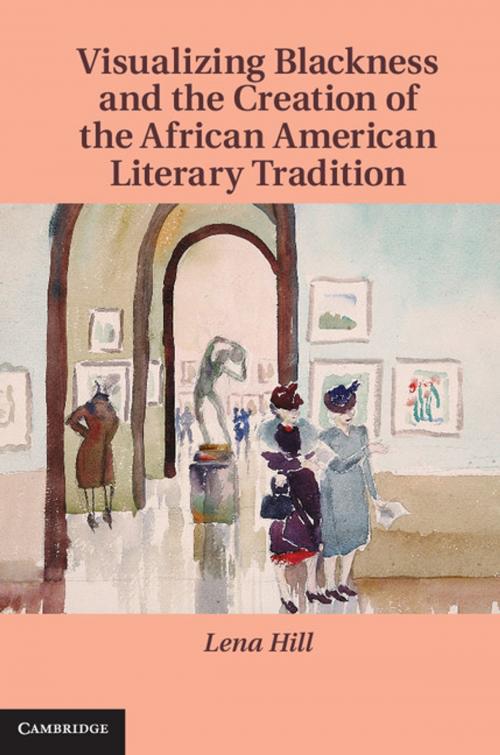Visualizing Blackness and the Creation of the African American Literary Tradition
Fiction & Literature, Literary Theory & Criticism, American, Nonfiction, Social & Cultural Studies, Social Science| Author: | Lena Hill | ISBN: | 9781107703124 |
| Publisher: | Cambridge University Press | Publication: | February 17, 2014 |
| Imprint: | Cambridge University Press | Language: | English |
| Author: | Lena Hill |
| ISBN: | 9781107703124 |
| Publisher: | Cambridge University Press |
| Publication: | February 17, 2014 |
| Imprint: | Cambridge University Press |
| Language: | English |
Negative stereotypes of African Americans have long been disseminated through the visual arts. This original and incisive study examines how black writers use visual tropes as literary devices to challenge readers' conceptions of black identity. Lena Hill charts two hundred years of African American literary history, from Phillis Wheatley to Ralph Ellison, and engages with a variety of canonical and lesser-known writers. Chapters interweave literary history, museum culture, and visual analysis of numerous illustrations with close readings of Booker T. Washington, Gwendolyn Bennett, Zora Neale Hurston, Melvin Tolson, and others. Together, these sections register the degree to which African American writers rely on vision - its modes, consequences, and insights - to demonstrate black intellectual and cultural sophistication. Hill's provocative study will interest scholars and students of African American literature and American literature more broadly.
Negative stereotypes of African Americans have long been disseminated through the visual arts. This original and incisive study examines how black writers use visual tropes as literary devices to challenge readers' conceptions of black identity. Lena Hill charts two hundred years of African American literary history, from Phillis Wheatley to Ralph Ellison, and engages with a variety of canonical and lesser-known writers. Chapters interweave literary history, museum culture, and visual analysis of numerous illustrations with close readings of Booker T. Washington, Gwendolyn Bennett, Zora Neale Hurston, Melvin Tolson, and others. Together, these sections register the degree to which African American writers rely on vision - its modes, consequences, and insights - to demonstrate black intellectual and cultural sophistication. Hill's provocative study will interest scholars and students of African American literature and American literature more broadly.















